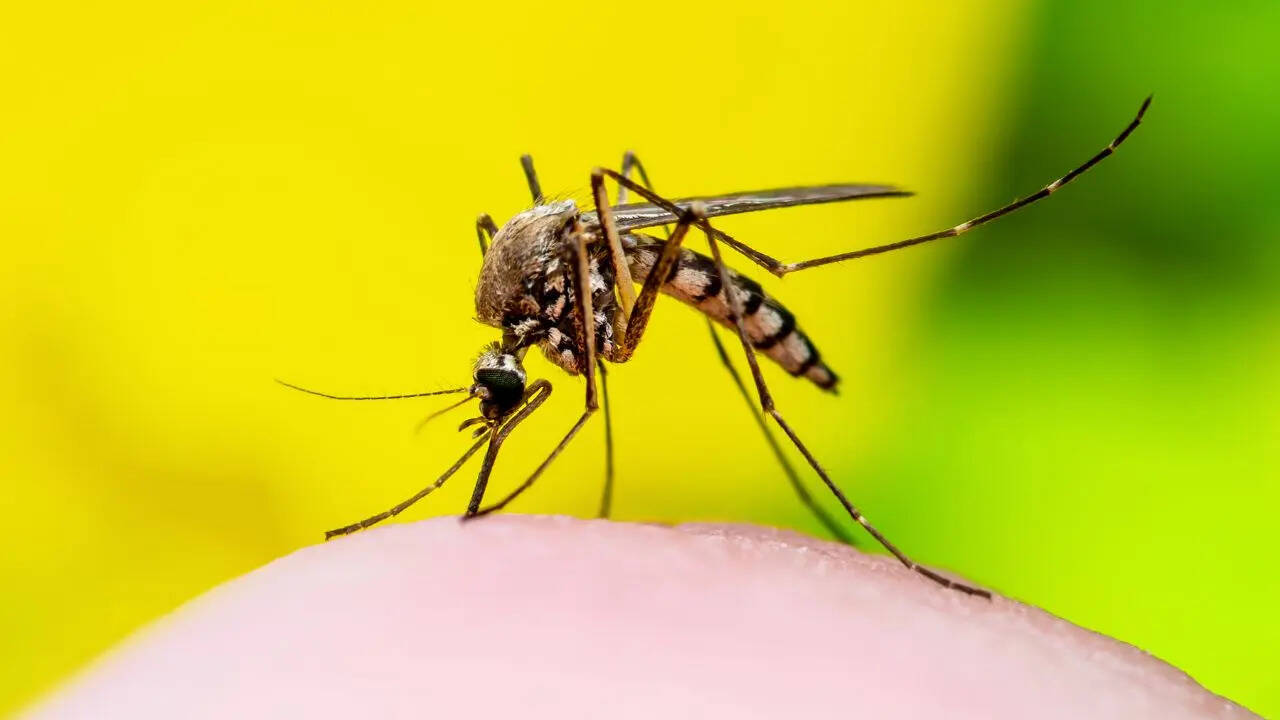New York Reports First Local Case Of Chikungunya Virus; Watch For This Unique Symptom

Credits: Canva
SummaryHealth officials in New York have confirmed the state’s first locally transmitted case of the chikungunya virus, marking the first such case in the U.S. in six years. The virus, which spreads through mosquito bites, was detected in a resident of Nassau County on Long Island. While the individual had traveled outside the region, they had not left the country, raising concerns about local mosquito transmission.
End of Article
